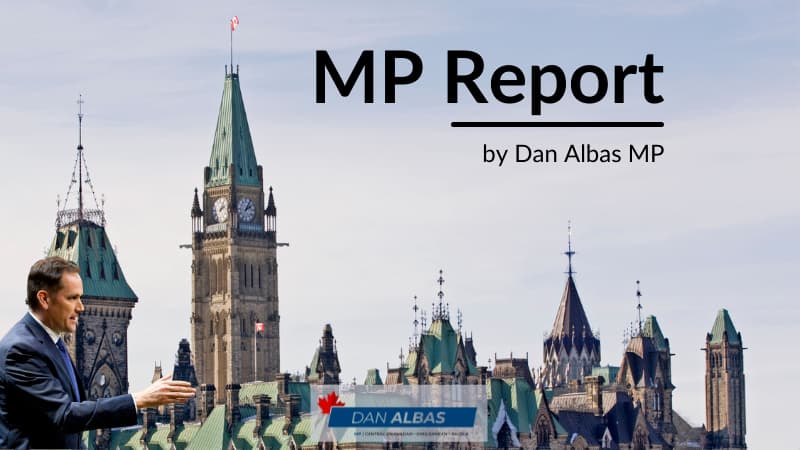On carbon tax, BC goes along to get along

Back in late November, I did an MP report that covered several issues that constituents raised with me.
One of the concerns was the high cost of home heating.
A resident had sent me their home heating bills and shared that they had to go on the “equal payment plan” to afford the cold winter months.
For the individual in question, that worked out to 12 equal payments of $170 monthly for $2,040 for the year.
It was also pointed out that nearly a quarter of that bill, $473 (23%), was solely paying for the carbon tax.
As is often the case, the individual in question is not eligible for the provincial BC Climate Action Tax Credit’. (In BC, individuals earning $79,376 or more do not qualify for this credit).
This led to the question about the BC carbon tax, and would the province fall in line with Prime Minister Trudeau’s mandate and raise it beyond the previously agreed $50 a tonne?
Back at the end of November, we did not know the answer to this question.
Previously B.C. signed onto the federal Pan-Canadian Climate Strategy.
This agreement, dictated by PM Trudeau, called for the carbon tax in BC to rise to $50 per tonne as of April 1, 2022, which it did.
With the agreement now being concluded, up until yesterday we did not know what the BC NDP government would do on April 1st of, 2023.
Now we have the answer.
In yesterday’s BC budget, the BC NDP announced it is increasing the carbon tax ($ CAD/tonne CO2e) on April 1st to $65/tonne.
The BC NDP further revealed that they intend to increase the carbon tax every year until it reaches $170/tonne by 2030.
How does this impact you?
Based on the NDP’s budget forecast this year, citizens in B.C. will pay an extra $600 million. By 2030 this could be as much as $5 billion a year in total carbon tax paid.
One thing that did surprise me in the provincial budget documents was a note in the supplementary tax information that pointed out, “rural communities may have higher indirect carbon tax burdens (e.g. through higher shipping costs resulting in a higher price for goods) and colder regions of the province may have higher carbon tax costs for home heating.”
This surprised me as governments, both provincially and federally, who support carbon taxes rarely admit so candidly that it does adversely impact those who live in rural communities.
Federally we also know that the Bank of Canada has confirmed that the carbon tax does increase inflation here in Canada.
Yet heating and shipping costs aside, rural areas will attest that their residents don’t have publicly funded public transit as an alternative to the carbon tax. To get to work, medical appointments, kids to school require transportation.
My question this week is not about if you support the carbon tax but rather the inequality in how rural residents end up paying more of it.
Do you believe that provincial and federal governments should make more effort to offset the impact of the carbon tax on those who live in rural areas?
I can be reached at Dan.Albas@parl.gc.ca or call toll-free 1-800-665-8711.